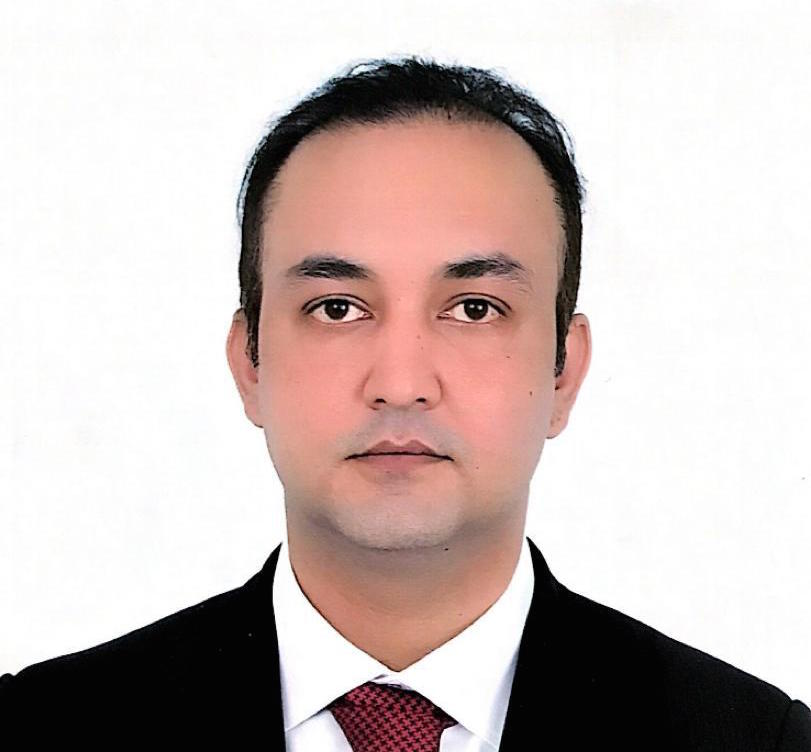|
Getting your Trinity Audio player ready…
|
By Desire Tshuma
Pakistani investors have shown interest in the agriculture and mining sectors in Zimbabwe and have already been working in partnership with local companies in the country.
The Pakistan investors are specializing in supplying and repairing agriculture and mining machinery. The machinery includes gold milling machinery, cranes, blasting equipment, and tractors for agricultural use.
“We are yet to fully establish big companies in Zimbabwe. We are still doing inter-ministerial engagement between Pakistan and Zimbabwe and soon after we have done all the significant processes, we are looking forward to engaging in massive agriculture and mining entrepreneurship” said Mr. Fariz Hasan.
Mr. Fariz is Pakistan Charge ‘d’ Affairs in Zimbabwe. He highlighted the issues that the investment process is being slowed down by challenges of proximity, banking, and other logistical issues.
“Zimbabwe is a very rich nation. It has vast natural resources including land for agriculture. In Pakistan, 70 % of our economy is sustained by agriculture, ” said Mr. Fariz.
Pakistan investors are also in several African countries that include Nigeria, and Kenya to mention a few. Their investment in Nigeria and Kenya is information technology, infrastructure technology, and satellite installations. Investment between Pakistan and Zimbabwe is improving in recent years and three months ago, a team of Zimbabwean businesspeople visited Pakistan to see the types of investments they can engage in.
“I appeal to the government of Zimbabwe to put its embassy in Pakistan so that it could be easy in terms of processing required documents and signing of required documents for the ease of doing business between the two countries,” he said.
Mr. Fariz also mentioned the issue of the deadly covid 19 pandemic and said it immensely affected business opportunities not only in Pakistani but globally. Pakistan has a population of 230 million and currently, 50% of the population has been vaccinated.
